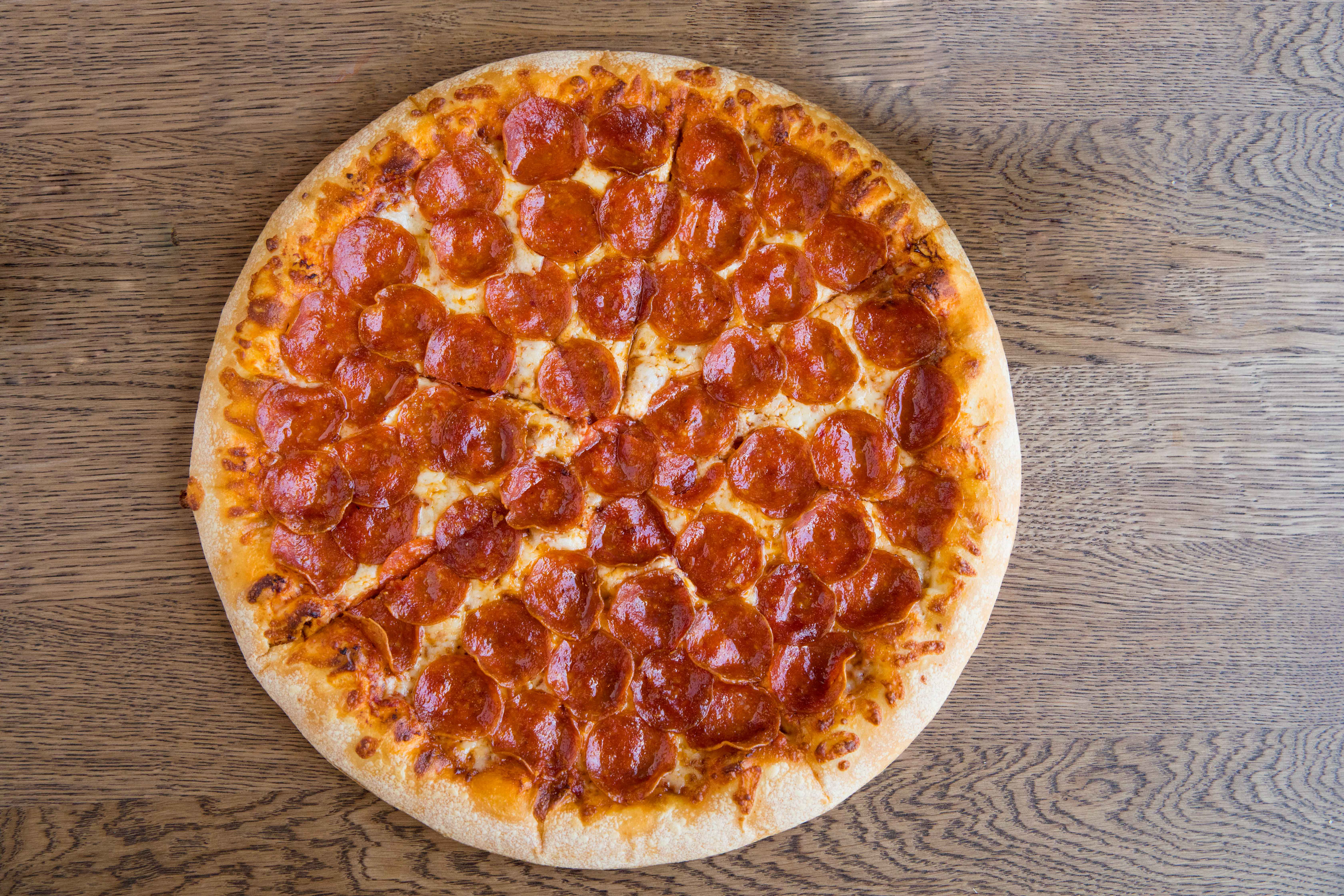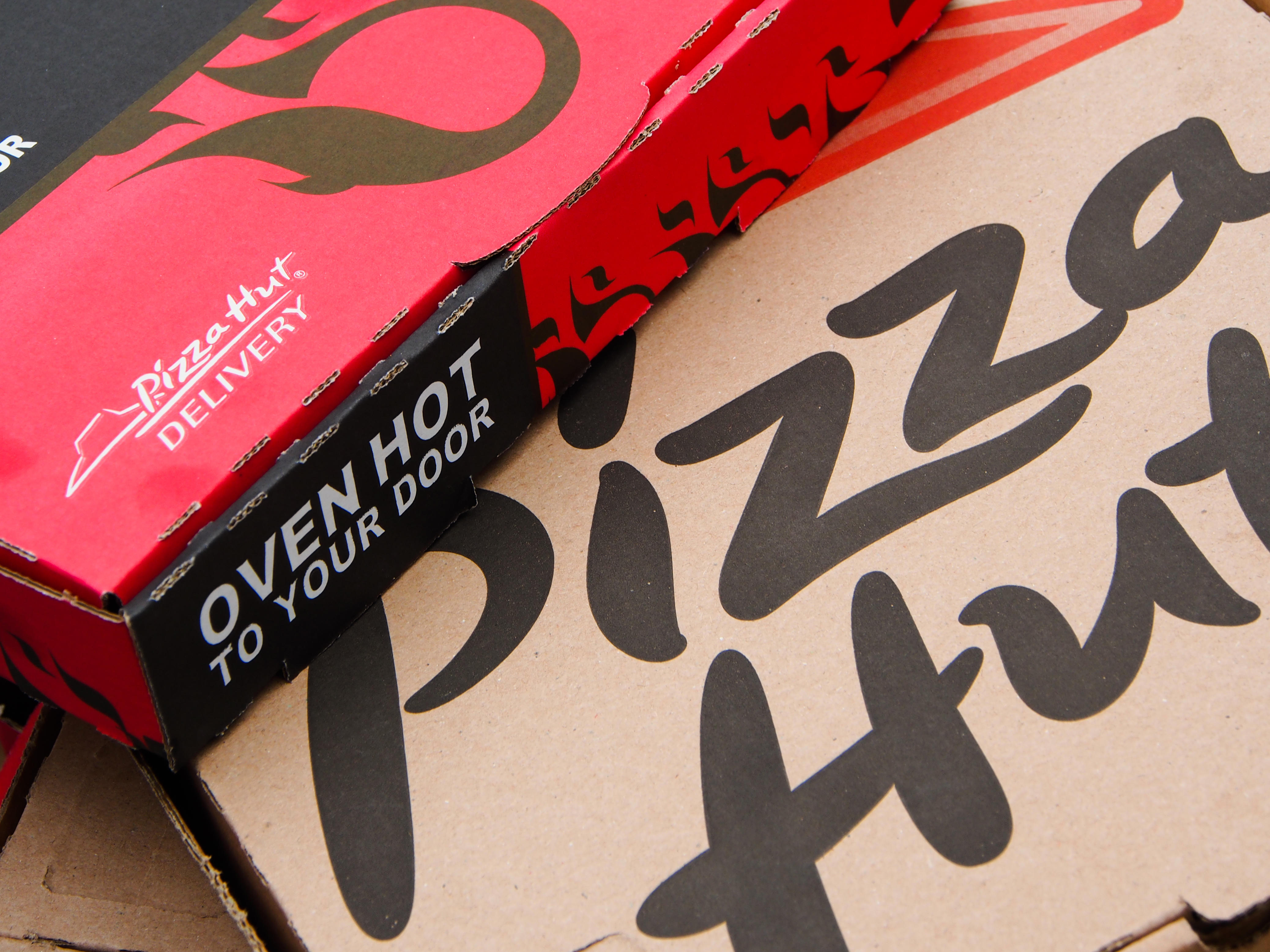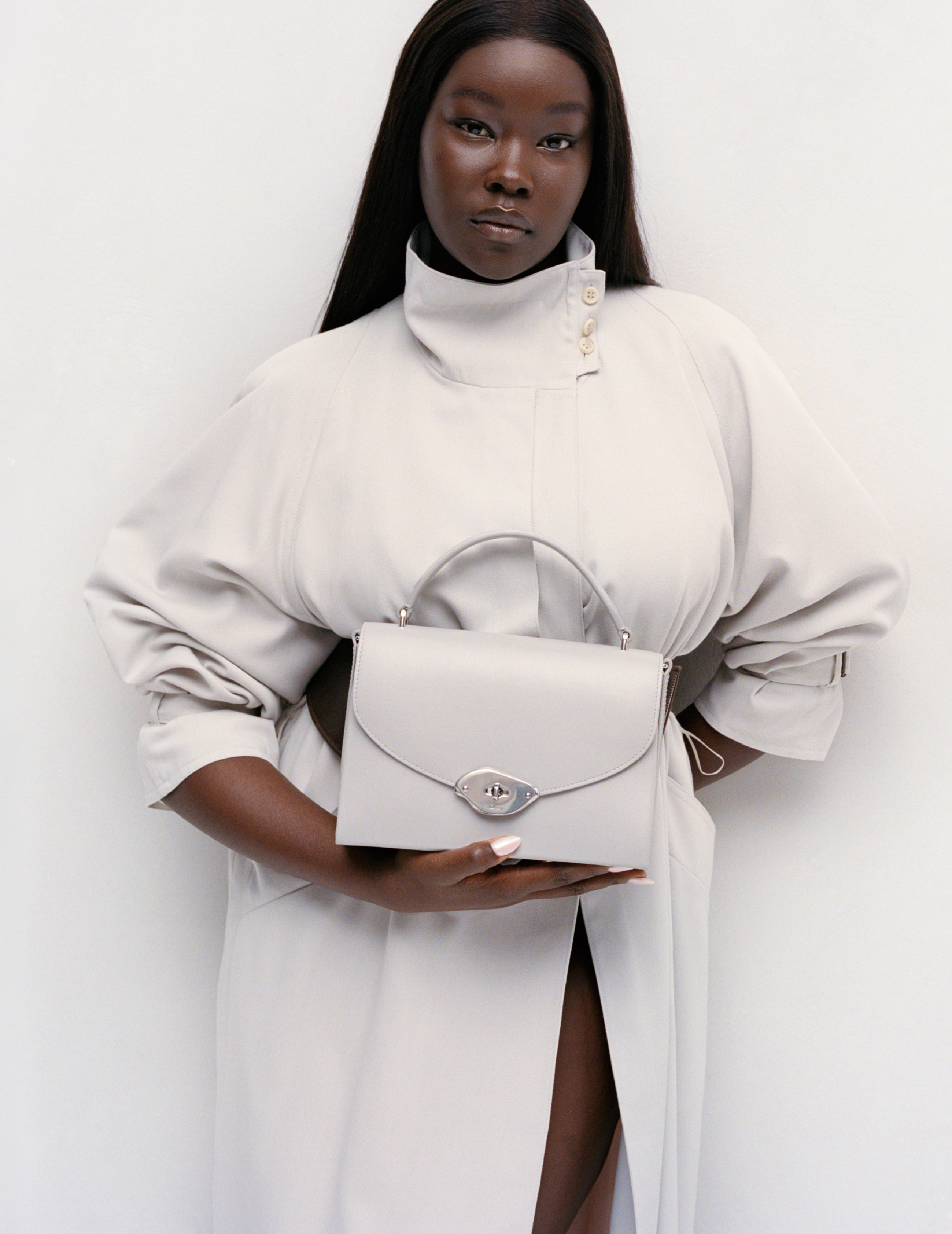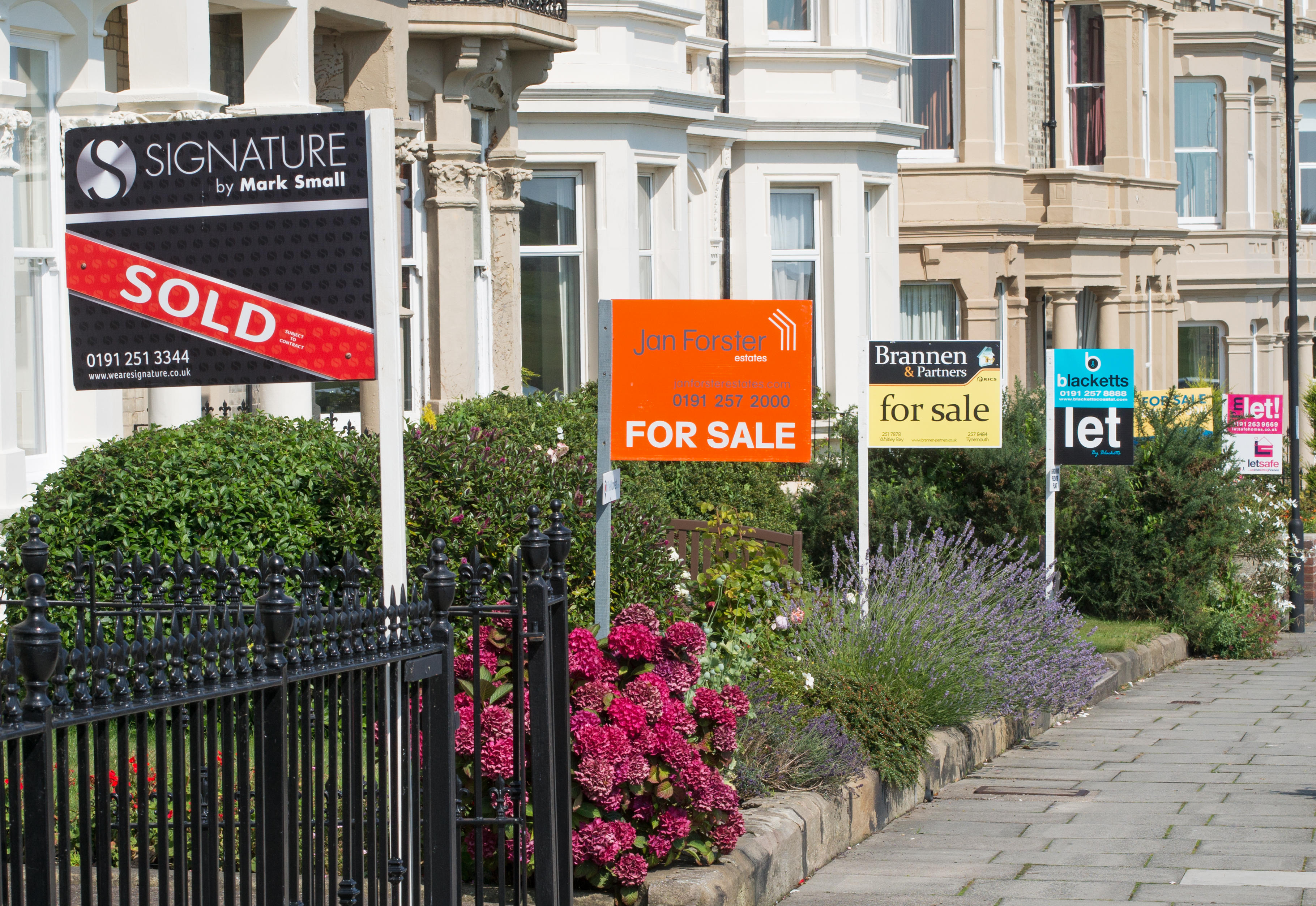Both KFC and Pizza Hut saw sales fall as consumers cut back on eating out.
It follows news that McDonald’s had also missed market expectations, with sales falling 2 per cent.
KFC’s owner Yum! Brands yesterday reported same-store sales had fallen 2 per cent in the quarter — its first drop in global sales since its restaurants were closed in the pandemic.
The UK and the US were particular sore spots for KFC, which has also been dented in the Middle East by boycotts.
Yum! also said sales at Pizza Hut had fallen by 7 per cent.
But CEO David Gibbs said its Taco Bell chain was still growing “because customers care more about value”.
He added: “We know that value is important to them.
“Some brands have seen low-income consumers fall off, but we are not seeing that with Taco Bell.”
His comments suggest that consumers are shunning KFC and Pizza Hut as they can no longer afford them.
Brits have complained about KFC’s price increases, with a box meal now costing £10.99.
Elsewhere, coffee giant Starbucks yesterday had around £16billion wiped off its valuation after reporting a 4 per cent slump in same-store sales.
The company said that even though customers were spending 2 per cent more, it had 6 per cent fewer customer transactions.
It is Starbucks’ worst performance since the pandemic.
Boss Laxman Narasimhan said it was “disappointing and did not meet expectations”.
Danni Hewson, head of financial analysis at AJ BELL, said: “Winning back customers in a highly saturated, increasingly competitive market will require clever marketing, smart pricing and sharp elbows.”
MULBERRY BUSHED
LUXURY firm Mulberry has suffered another fashion faux pas as sales continue to fall.
The handbag business, which recently launched a £1,150 satchel, said sales slipped by 4 per cent last year.
They had previously reported a fall in December.
CEO Thierry Andretta warned challenging trading would not improve soon.
Mulberry has suffered from a wider luxury spending slowdown and lower shopper footfall to department stores.
A decade ago, the brand was trading at £22.30 a share.
They have now fallen a further 56 per cent in the past year to 97.5p, valuing the firm at just £64.58million.
RED SEA JITTERS
THE manufacturing sector shrank last month on the back of Red Sea disruption, raising fears about the fragility of Britain’s economic recovery.
The closely watched S&P UK Manufacturing Purchasing Managers’ Index (PMI) fell in April to 49.1, down from March’s growth figure of 50.3.
A reading above 50 is growth and below is contraction.
Senior economist Rob Dobson at S&P said manu-facturing “is still besieged by weak market confidence and disruptions caused by the ongoing Red Sea crisis”.
SALES at WICKES have slipped by 4.2 per cent as Brits curb spending on home improvements for smaller spruce-ups.
Paint sales have risen by 13 per cent — but kitchen and bathroom installations have fallen by 18.2 per cent.
ASTON SMARTIN’
ASTON MARTIN is still stuck in the wrong gear as losses almost doubled in the first quarter of the year.
The James Bond car-maker posted pre-tax losses of £138.8million compared with £74.2million a year earlier.
Sales fell by 10 per cent to £267.7million. It has been scaling back production ahead of releasing four models, including its new Vantage and an upgrade to its DBX 707.
It is hoped new boss Adrian Hallmark, poached from Bentley to join in October, will rev up sales.
RATE RISE SEES DIP IN HOMES
HOUSE prices have slipped for the second month in a row after lenders started nudging mortgage rates higher again.
The average home now costs £261,962, after falling 0.4 per cent in April, according to Nationwide.
Properties are still 0.6 per cent higher than a year ago, but 4 per cent below the record highs of summer 2022.
Nationwide’s chief economist Robert Gardner said that April’s slowdown “likely reflects ongoing affordability pressures”.
He added: “Longer-term interest rates have risen in recent months, reversing the steep fall seen around the turn of the year.”
High street lenders have been increasing mortgage rates in the belief the Bank of England will not cut the base rate until late summer at the earliest.
The average two-year fixed mortgage is now back up at 5.9 per cent, according to Moneyfacts.
NEXT FIRE DAMPENS
WEATHER woes have cooled Next’s enthusiasm for lifting profit guidance, despite better-than-expected sales.
The FTSE 100 powerhouse yesterday posted a 5.7 per cent rise in first-quarter sales, ahead of market expectations.
But it expects sales will be down 0.2 per cent in the second quarter.
April’s washout has made it harder to sell Spring fashions compared with last year’s warm May and June, it said.




